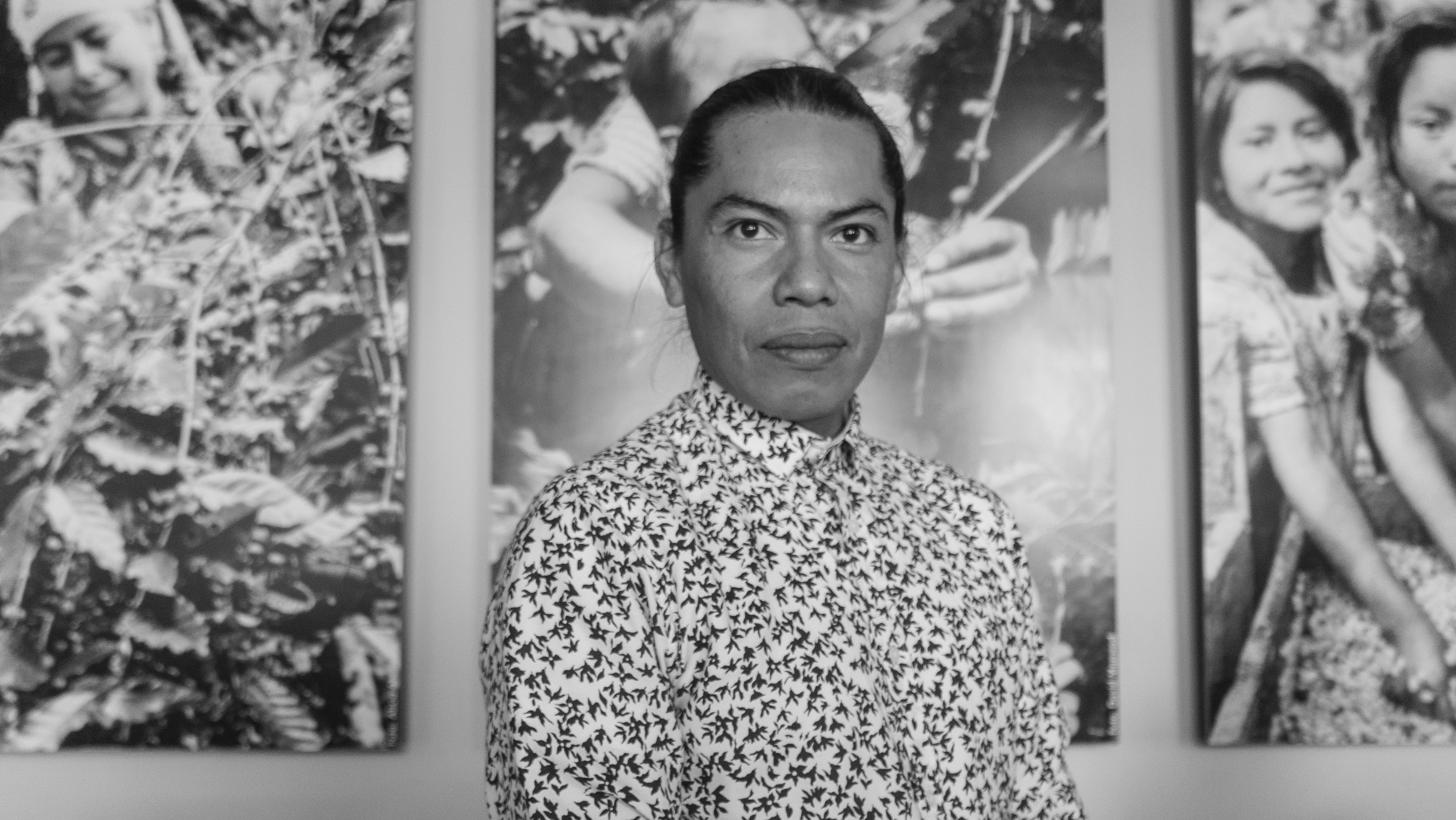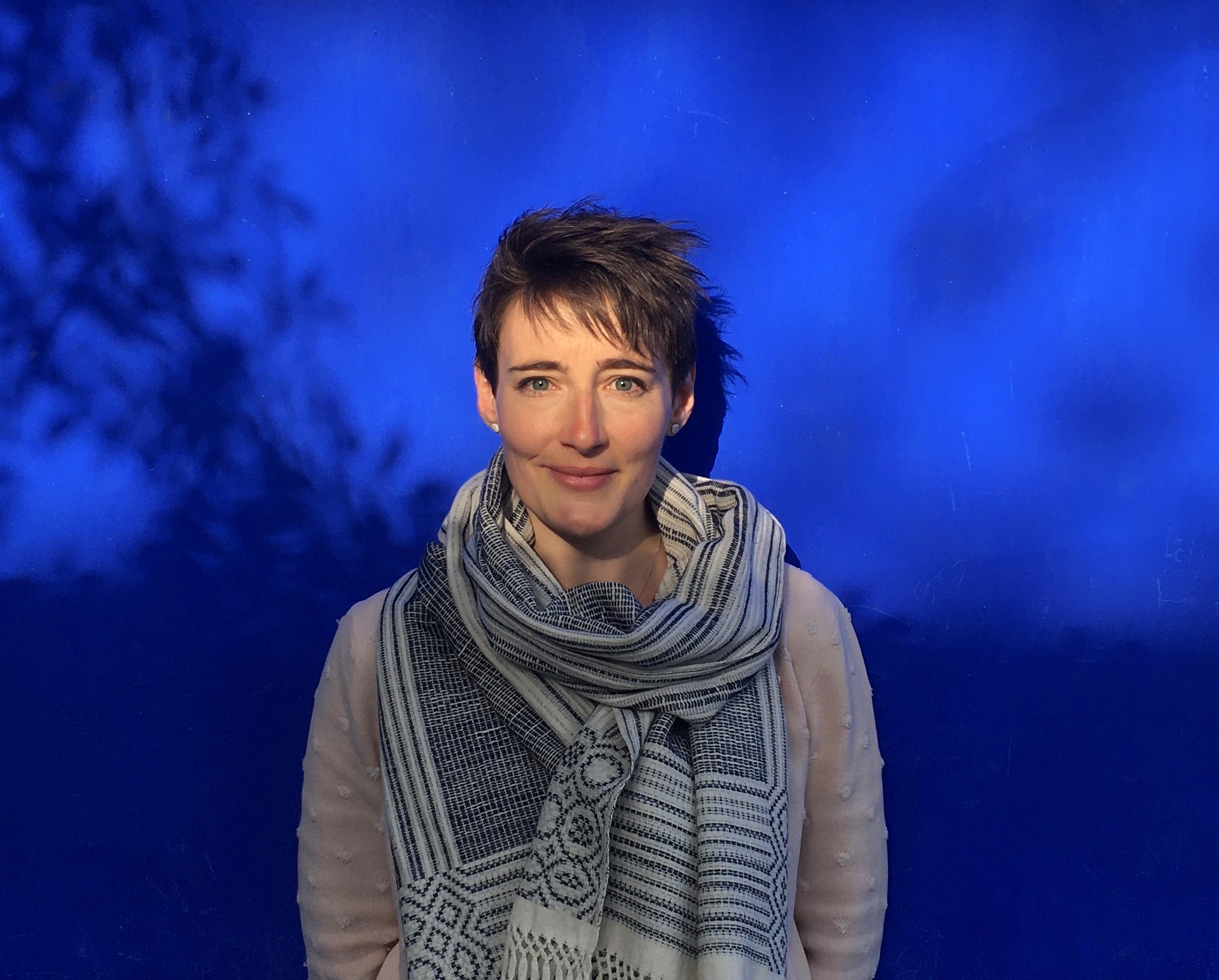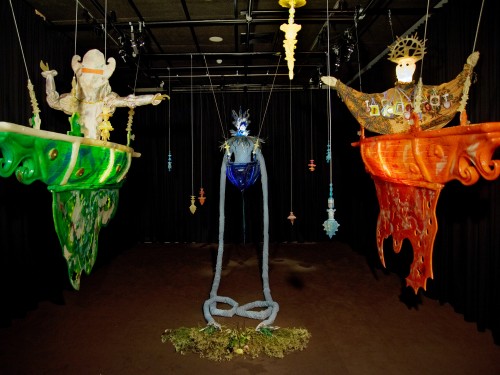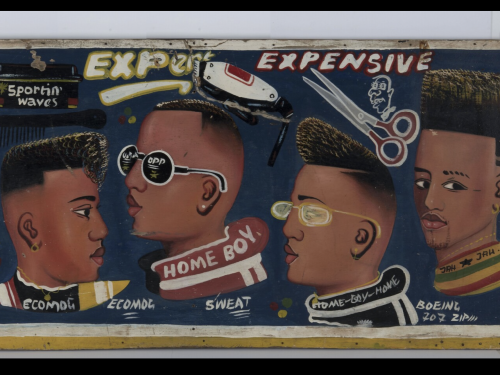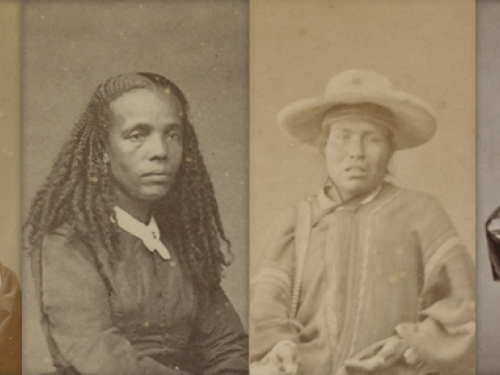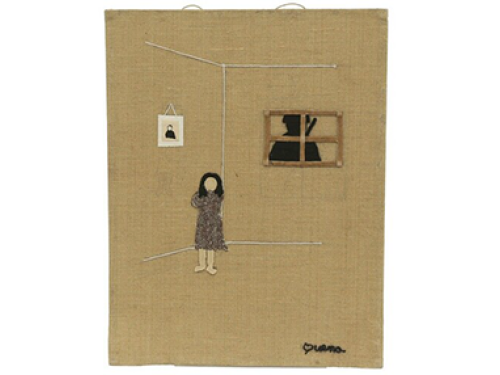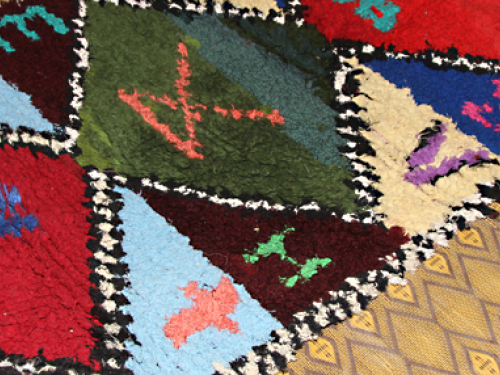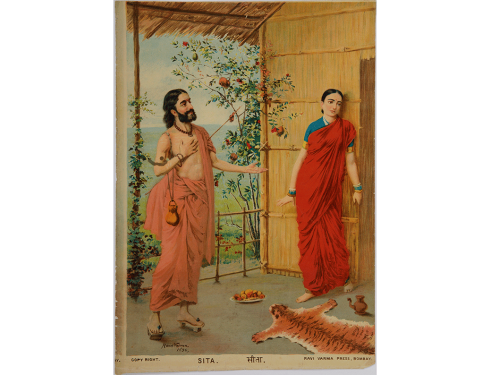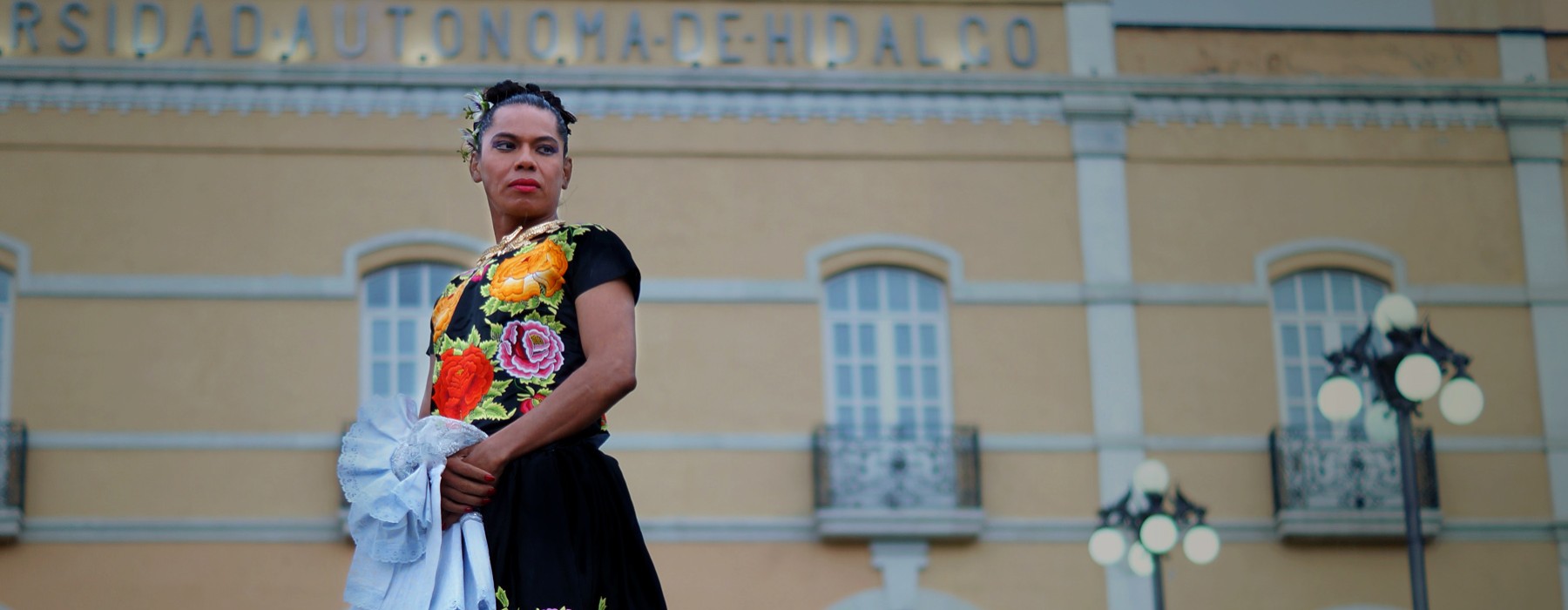
Aproximaciones al traje de Tehuana en comunalidad
La siguiente conversación con Lukas Avendaño nace a partir de una investigación abierta del Research Center for Material Culture Leiden que empezó en 2017 con el título “Un/engendering the collection” y propone repensar y contestar imaginarios sobre género y sexualidad conectados con los objetos y colecciones en museos etnográficos. Al rastrear la historia y el contexto contemporáneo de la creación y el uso del objeto complicamos aquellos imaginarios que están dominados por la mirada blanca, masculina y patriarcal que se perpetúan hasta el día de hoy. Contestando a una clasificación que divide objetos y vidas en dualidades simplificadas, que no reconoce la complejidad de los contextos culturales en donde nacen, en está conversación partimos del objeto y de la experiencia. ¿Cómo articula, socava o complica el vestido de Tehuana, su creación y uso, las ideas que tenemos sobre los cuerpos que lo visten y encarnan?
Armamos el bastidor y empezamos a tejer. Los matices, las sombras, los nudos y las formas que se van desdoblando reflejan el entramado histórico, político, económico y social que nos llevan a hablar de mucho más que la invención de género. Cabe mencionar que nosotras no percibimos esta plática de ninguna forma conclusiva. Son reflexiones personales que invitan a conocer, pensar y reconsiderar.
